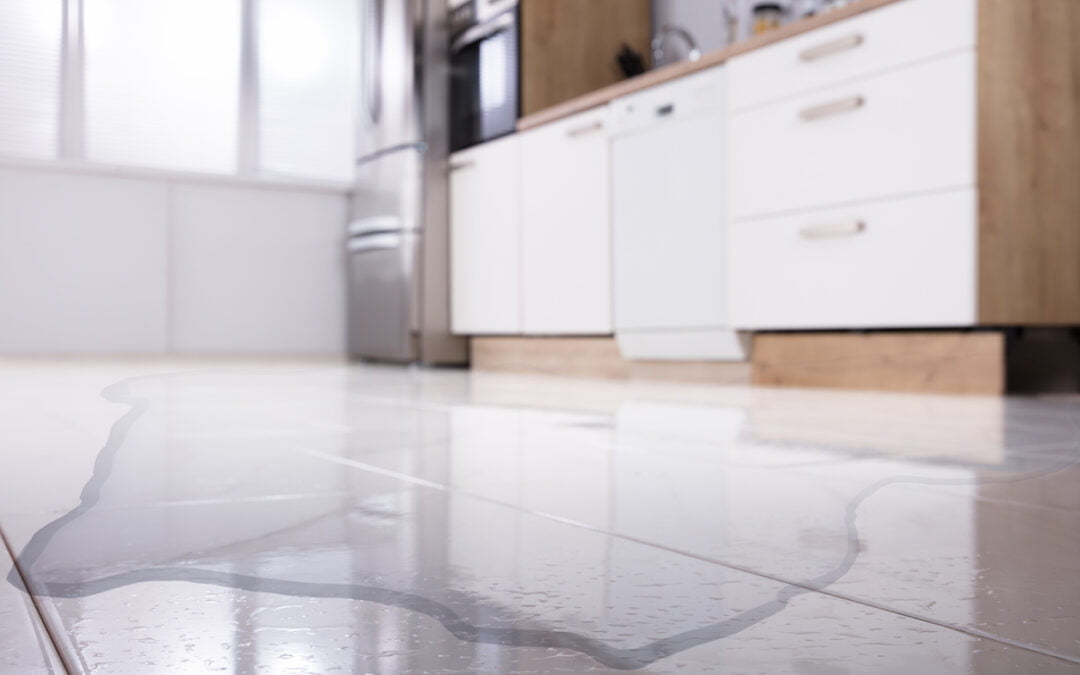In 2016, National Home Warranty Day was created to remind homeowners annually about the ways to protect every valuable component of their home. You may be asking yourself: Isn’t home warranty the same as home insurance? The answer is simple: No, it’s not. Home warranty differs from insurance in some key ways. While both policies protect your home and belongings, they are responsible for very different types of coverage. Let’s examine what home insurance covers in comparison to your home warranty policy. We will also examine how both policies can offer you the most complete coverage for your property.
What is a home warranty?
A home warranty provides a form of financial protection to buyers with concern about potential costly repairs after the sale of the home closes. To put it simply, it’s a one-year service contract between you, the homeowner, and a home warranty company that covers repairs and replacements. Most major home appliances and system components that cease working due to failure, standard usage or other problems are included. Unlike homeowners insurance, it covers the repair or replacement cost of a home’s systems and appliances when they fail from old age and normal wear and tear. This is an important distinction because homeowners insurance does not cover that type of failure.
Consider how many appliances and systems your home requires these days:
- Washer
- Dryer
- Refrigerator
- HVAC System
- Stove
- Hot Water Heater
- Garage Door Openers
- Microwave
- Plumbing parts & Sump Pumps
- Electrical systems
- Ceiling and Attic fans
There are different types of home warranties, too. Depending on your needs, home warranties can cover a single appliance or an entire system. A home warranty requires an annual premium, just as a homeowners’ insurance policy does. There is a service fee for each contractor visit. To keep the policy in place, you’ll need to plan and schedule routine maintenance on a regular basis. Avoid trying to DIY your own fixes in your home. The majority of home warranty terms are one year in duration—typically a 12-month renewable contract from year to year. Should you choose to pursue a home warranty, it’s important that you renew and pay promptly. This is so you don’t have to worry about a lapse in coverage.
Do I need a home warranty policy?
In Alberta, British Columbia, Ontario and Quebec, builders must provide home buyers with a third-party warranty. Keep in mind that any members of the Canadian Home Builders’ Association are required to offer a warranty as a condition of their membership. In some cases, the seller may offer to purchase a home warranty on the buyer’s behalf. Why? Because this provides peace of mind that a fix for any component of the home can be done affordably after the sale closes.
The problem is that homeowners insurance policies specifically exclude disasters caused by wear and tear or natural aging. For many homeowners, a catastrophic failure of an electrical system is as costly as a tree crashing through the roof (which would be covered under home insurance). If you are a new homeowner and haven’t had time to build a solid financial safety net for unexpected costs, you are especially vulnerable. A home warranty can save the day in the event of an electrical system failure in your home by covering maintenance costs (which make the bigger failures less likely). Replacement costs of systems are excluded by homeowners insurance policies.
Cost of a home warranty policy
The price of a home warranty fluctuates depending on the property type (condo, duplex, townhouse, single-family detach) and whether you purchase basic or extended coverage. It’s likely to cost you several hundred dollars each year. Payments are usually upfront or put on a payment plan if the company offers that. Home warranties charge a service call fee of about $75 – $125 each time the warranty holder has to request that a service provider visit your home.
What is home insurance?
Homeowners insurance is a form of property insurance that covers losses and damages to your house and assets inside the home. Your policy usually covers interior damage, exterior damage and loss or damage of personal assets. It is there to protect you against liability in case of injury that occurs while on your property. Buying a home is expensive, so it’s a good idea to protect your investment. In Canada, home insurance is often a requirement by mortgage lenders (like banks) for mortgage approval.
What does home insurance cover?
If you take a close look at your policy, you’ll find a fairly specific list of the types of damage and disasters your insurer will pay to cover. Homeowners insurance usually covers perils, such as fire, many natural disasters, vandalism, burglar damage, accidents and theft. It covers the interior and exterior of your home, and usually your yard. In addition, homeowners insurance can be customized to cover specific items, including expensive jewelry, musical instruments and fine artwork. You can add these items to your policy for higher coverage (at a higher cost). It can also cover your liability in the event of an injury on your property. This insurance covers you from loss and damage.
What does home insurance does not cover?
What your home insurance policy does not cover is repair or replacement of major home systems and appliances. However, that is unless they are damaged or destroyed by one of the listed perils in your policy.
Working together to protect your home
Flooded basement? If your water heater suffers an electrical short and floods your home, which policy would respond? The answer is: Both should. Your home warranty provider and your homeowners insurance provider cover costs together.
- Homeowners’ insurance covers the damage caused by the flooding to your floors, carpets, and personal belongings.
- Your home warranty covers the replacement of the water heater itself, along with the cost of the visit to have it replaced, the labor, and the haul-away.
Important! Home warranty kicks in only if you have properly maintained the water heater in the past. The two policies can work together to make the restoration of your home complete.
A good home warranty and homeowners’ insurance policy complement each other. Together, they can provide solid protection of your investment. If you have questions about your home insurance or would like more information about home warranties, contact one of our isure representatives today.




